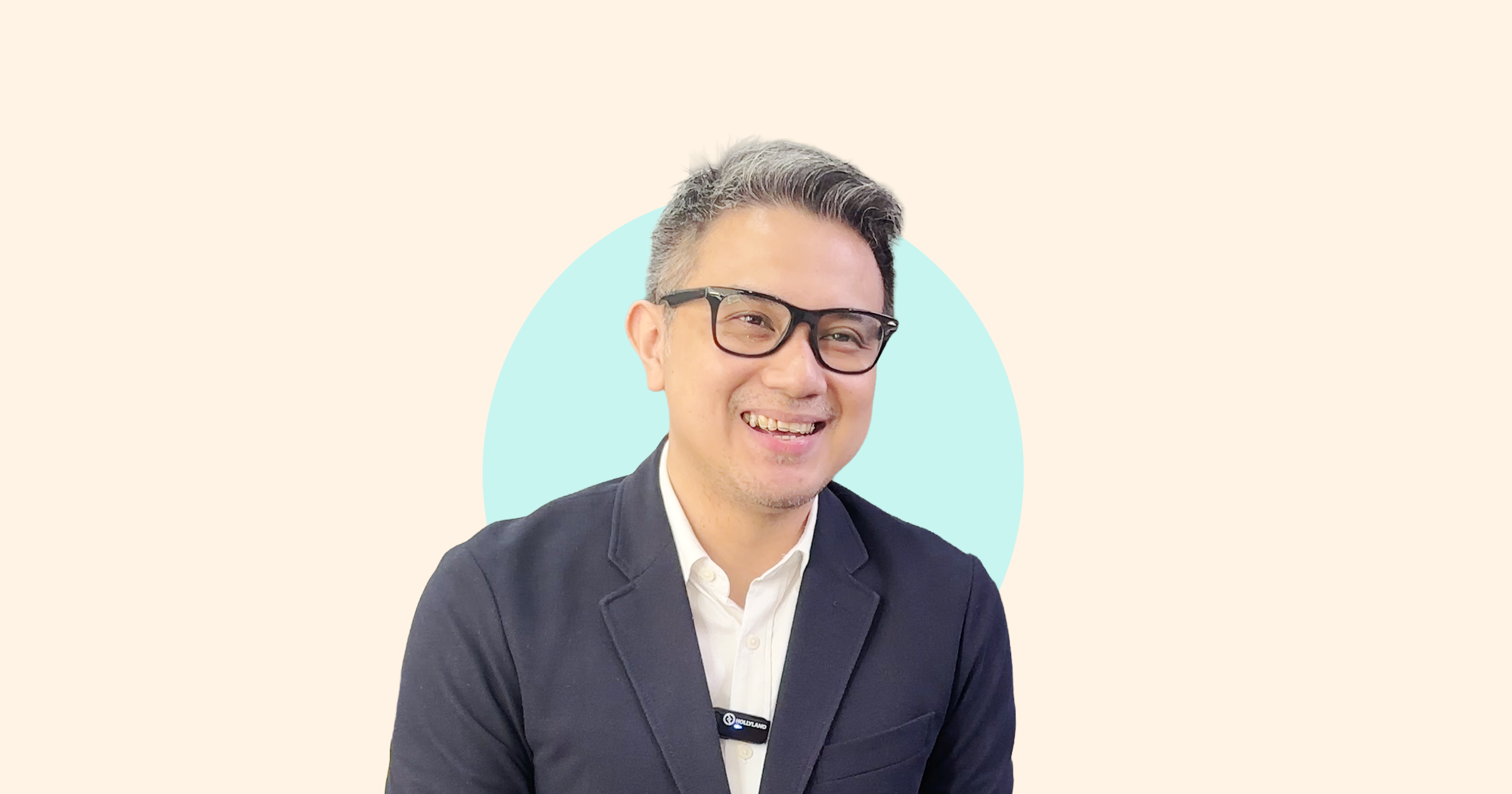Some of the best life decisions can happen when people learn from experiences, both good and bad. While personal experiences tend to be the most impactful, there are also lessons to be gained from the stories of others.
That’s why we spoke to 4 people about their biggest money regrets and how they turned things around.
Watch the full episode here.
Not putting savings first
Tet, an IT officer, used to treat savings as an afterthought instead of a priority whenever she got paid. “I would use my money and if there’s a little left, I would set that aside.”
If she could go back, Tet wants to do things differently. “I would flip my formula for determining what I save,” she noted, saying it would be better to start off by saving money first before spending the rest.
This approach of “paying yourself first” can allow people to build the habit of saving and investing. You can lay the foundation for good money habits by creating a budget that suits you and sticking to it.
Spending too much on rent
Choosing between commuting to work daily vs. renting a place nearby is a dilemma for many young professionals, especially for those who may not have much money to spend on housing yet.
Charlene, a product owner, picked the latter, though she would come to regret how much she had spent on rent in central business districts (CBDs) over the years.
“Medyo mahal kasi pag sa CBD ka nag-rent,” said Charlene, noting that she could’ve invested the money instead.
She now recognizes the importance of thinking ahead if you want to own property instead of renting. “Save money already for it because otherwise, sasabihin mo lang na ‘next time na’ hanggang umabot ka sa point na, ‘may next time pa ba?’”
When saving or investing for a major goal, increased spending due to lifestyle inflation is something to watch out for.
Getting in bad debt
Noel, a process excellence officer, looked back at a time when he dealt with debt. “My biggest money regret was really [not being able] to control my spending habits.”
These habits got him in debt, but he eventually turned things around after joining a church community that encouraged him to be wiser about money.
“I came to realize that each and every [resource], including the financials that I’m receiving, it’s something given to me that I should be able to take good care of,” he recalled.
Inspired by his community, Noel was able to clear his debt in 1 year and start managing his money better.
One way to avoid getting in unnecessary debt is by learning the difference between good and bad debt. This helps you identify whether borrowing is a good idea before taking out any loan.
Being unprepared for a “Black Swan” event
Even when people try to make the right financial decisions, things could still go wrong because of events beyond their control.
This was the case for Jonas, a systems and integration officer, who made an ill-timed real estate investment. He bought a condo unit around the time the COVID-19 lockdowns happened.
“For 2 years walang nangyari, so I had to give it up nalang din at a loss,” said Jonas.
Asked what he learned from the experience, Jonas answered with a laugh, “To assume the worst?” He added that investing comes with ups and downs and so you must prepare for “Black Swan” or unprecedented events like the pandemic.
Such events highlight the importance of building an emergency fund so that you can financially prepare for when life throws a curveball.
Jonas noted that losses can become learning opportunities. “They should not deter you from investing pa rin,” he advised. “Temper your expectations lang and continue moving forward.”




